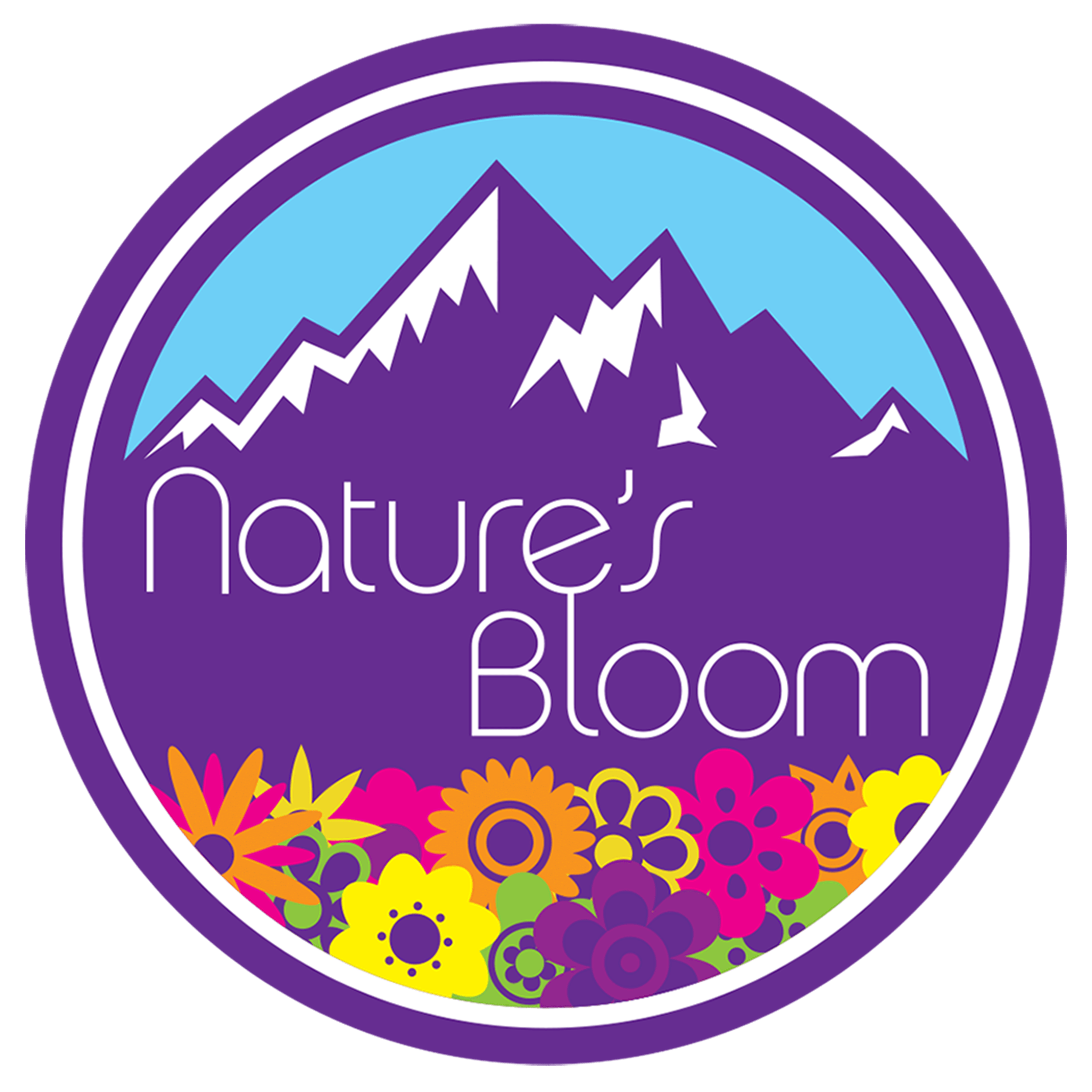Are you confused on the difference between CBD and THC? Here is everything you need to know about CBD vs. THC and how they differ.
According to a Gallup poll from 2019, one in seven American adults uses CBD products. Considering that the farm bill that legalized CBD at the federal level was only passed one year prior, that’s a pretty impressive number.
There’s a lot of confusion out there, though, about what exactly CBD is and how it differs from its better-known sibling, THC.
Are you wondering what the difference is when comparing CBD vs. THC? Are you trying to determine whether or not you’re interested in giving CBD a try?
Let’s take a look at what you need to know.
What Is CBD?
CBD stands for cannabidiol. This is the second most prevalent cannabinoid in marijuana. In fact, it accounts for something like 40% of the extract of the cannabis plant.
Though CBD was discovered all the way back in the 1940s, it’s only recently burst into the public sphere as a popular natural remedy for a long list of different issues.
CBD doesn’t come along with the same “high” feeling that THC does. For this reason, people who are interested in using cannabis for therapeutic purposes but who aren’t interested in the mind-altering effects are often drawn to CBD.
There are a lot of potential CBD benefits, but the research surrounding CBD is still relatively young. At this point, there is only one drug that has been approved by the FDA that contains CBD, which is prescribed for two specific forms of epilepsy.
However, there have been studies that point to the potential of CBD for treating conditions such as pain, anxiety, cancer-related symptoms, and more.
One of the conditions that people use CBD for is inflammation. You can learn more about using CBD for inflammation here.
It’s worth understanding that some CBD products do contain trace amounts of THC. However, in order to be legal under the US farm bill, there needs to be 0.3% or less THC content.
Some people prefer to use CBD products that don’t have any THC. These are known as CBD isolates. However, people who go this route are potentially giving up the benefits of what is known as the “entourage effect.”
What Is THC?
THC is short for delta-9-tetrahydrocannabinol. This is the most prevalent cannabinoid in marijuana and is the primary psychoactive ingredient.
When a person consumes THC, the chemical dopamine is released by their brain because of the way that THC activates the reward system in the brain. Dopamine plays a crucial role in pleasure and mood and is a neurotransmitter. It is these elevated levels of dopamine that leaves people feeling euphoric when they have taken THC in one manner or another.
At the federal level, THC is still considered a Schedule I drug. This puts it on the same rung of the ladder as hard-hitting drugs like heroin and LSD. However, a growing number of states has been legalizing marijuana for medicinal and recreational purposes across the country.
CBD Vs. THC: The Key Differences
There are a lot of similarities between CBD and THC but also some very distinct differences.
They both interact with the body’s endocannabinoid system. This system is responsible for the regulation of many different systems in the body and maintaining homeostasis.
At this point, there is still a lot more for researchers to learn about how the endocannabinoid system works and how cannabinoids interact with it. However, it is known that processes including appetite, memory, mood, sleep, and fertility are impacted by this system.
One of the most major differences between CBD products and THC products is that CBD doesn’t produce a high while THC does. Technically, CBD can be considered psychoactive, but it doesn’t lead to mind-altering effects like THC does.
Another difference is where these products are sourced from. Both come from cannabis, but in this day and age cannabis takes many different forms. For example, CBD is technically extracted from industrial hemp, which is cannabis that has less than 0.3% THC content.
The molecular structure of THC and CBD are the same. However, the molecules are arranged in a slightly different way. It’s this difference that is thought to result in the different effects between the two cannabinoids. They both interact with the endocannabinoid system in a way that mimics naturally produced endocannabinoids.
You can take THC and CBD in many of the same ways. They can both be smoked, vaped, ingested via edibles, or topically applied.
IF you’re interested in trying CBD edibles, you’re likely looking into one of the most popular options: CBD gummies. If you’re wondering what you need to know before purchasing CBD gummies online, check out these seven tips.
Is It Time For You to Try CBD?
Understanding the difference when comparing CBD vs. THC is essential before you start your own journey with CBD. While they have a lot of similarities, the things that set these two cannabinoids apart make a world of difference.
Are you interested in trying CBD? If you’ve started shopping around online, you’ll find that there’s nearly an infinite number of options when it comes to companies that sell CBD products. However, it’s important to understand that not all CBD brands are created equal.
At Nature’s Bloom, we believe in products that actually work and don’t leave you having to resupply constantly. For this reason, you’ll notice that our products have a higher CBD content than you find in the typical CBD product.
If you’re ready to try CBD, check out our online shop today!
